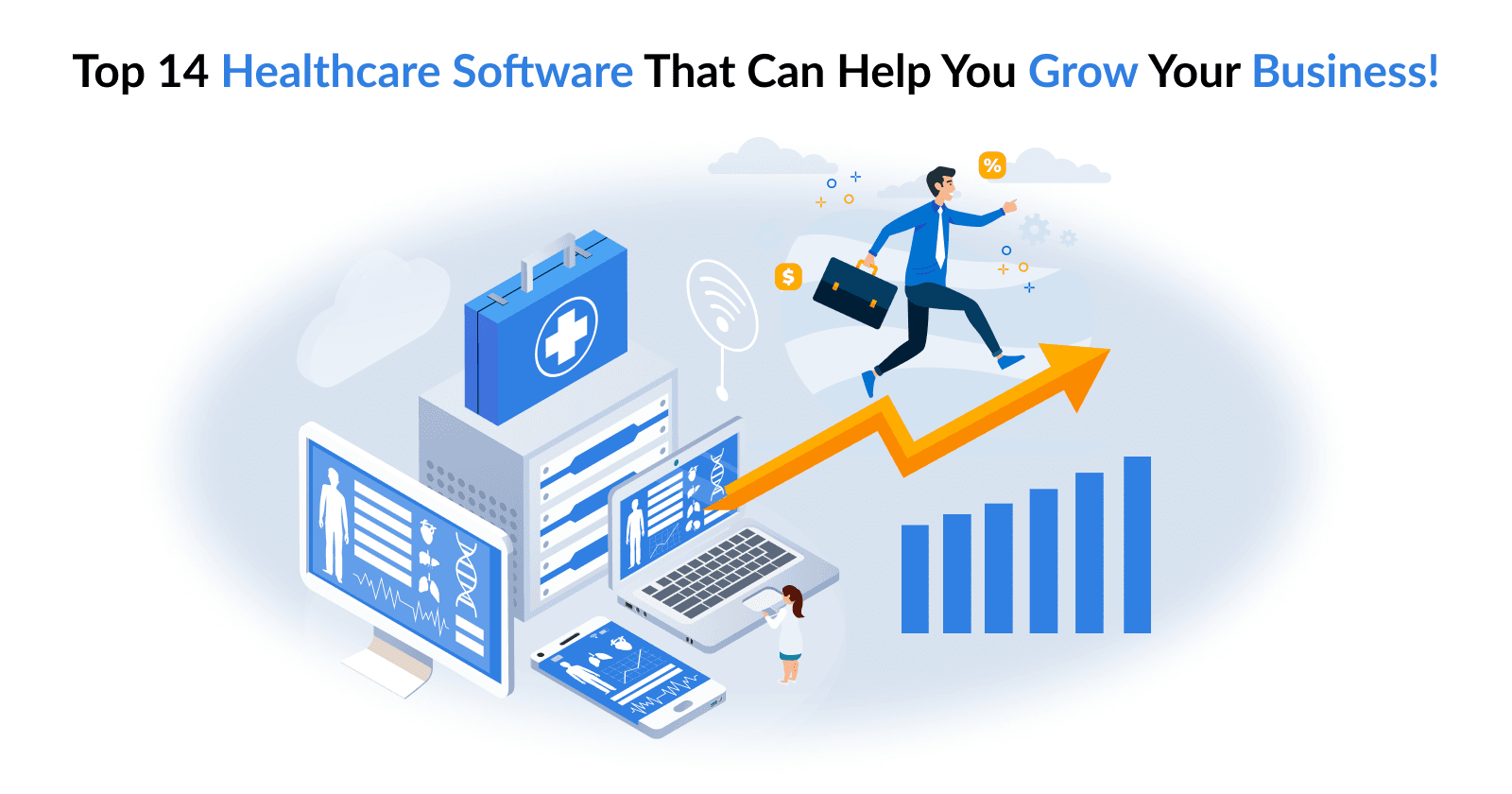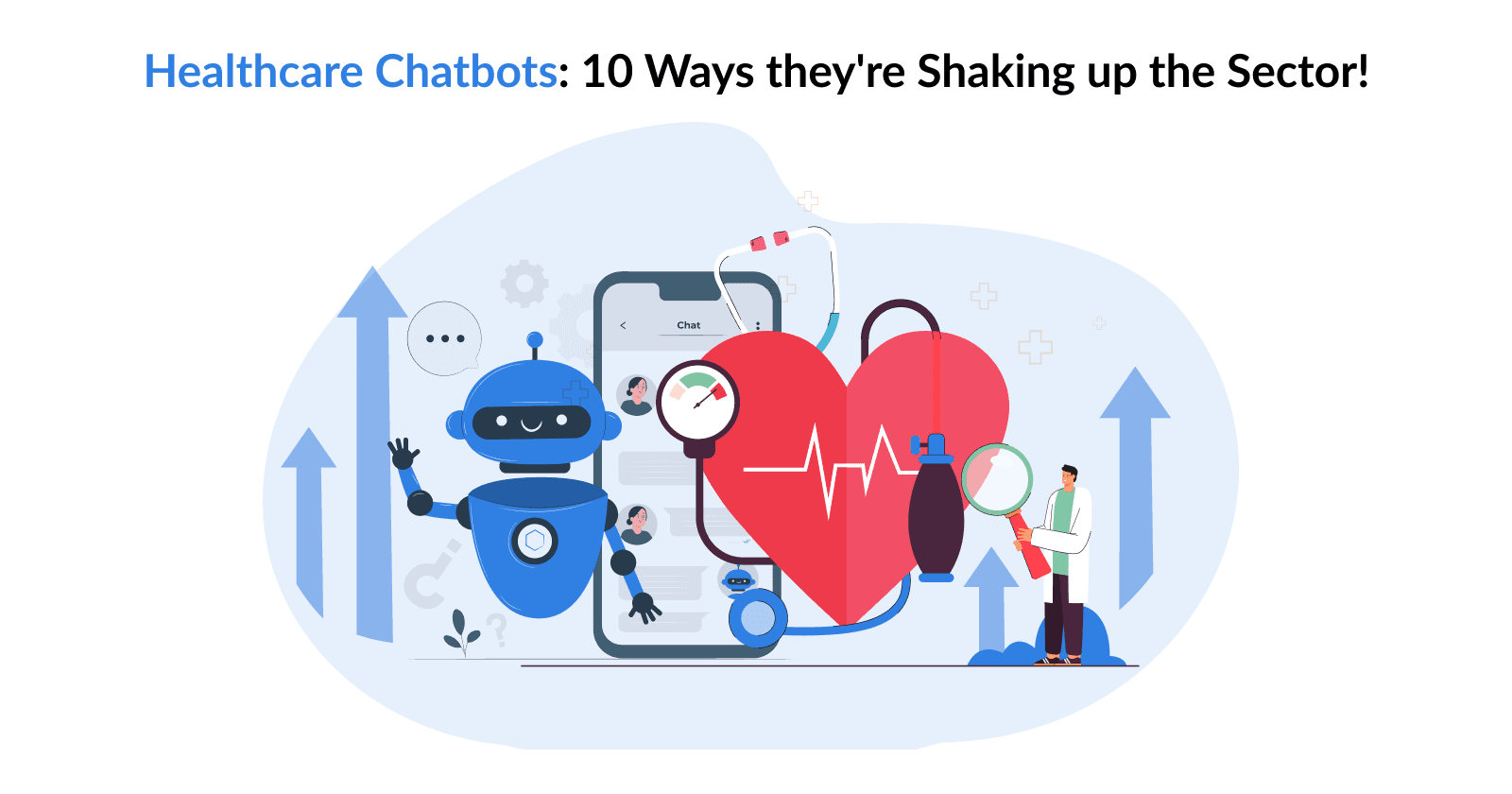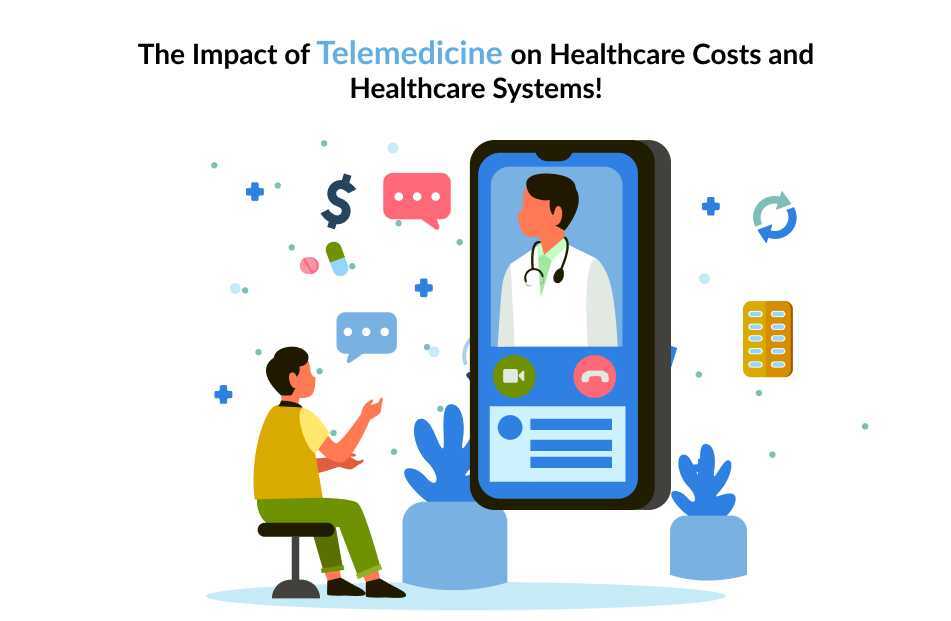Introduction
The healthcare industry has seen many changes over the years, and the introduction of technology has made a significant impact. Technology has transformed the way healthcare is delivered and has helped improve patient outcomes.
The healthcare industry has seen many changes over the years, and the introduction of technology has made a significant impact. Technology has transformed the way healthcare is delivered and has helped improve patient outcomes. In this blog, we will discuss the future of healthcare and how technology is changing the industry.
Telemedicine
Telemedicine is the use of technology to provide healthcare services remotely. This can include virtual consultations, remote monitoring of patient health data, and more.
Telemedicine has the potential to improve access to healthcare services, particularly in rural or remote areas. It can also reduce healthcare costs and improve patient outcomes by allowing doctors to provide care more efficiently.
Wearable technology
Wearable technology such as smartwatches and fitness trackers can track patients' vital signs, monitor their activity levels, and provide valuable insights into their overall health.
This is especially useful for patients who are managing chronic conditions. Wearable technology can also be used to track medication adherence and provide patients with reminders to take their medications.
Artificial intelligence
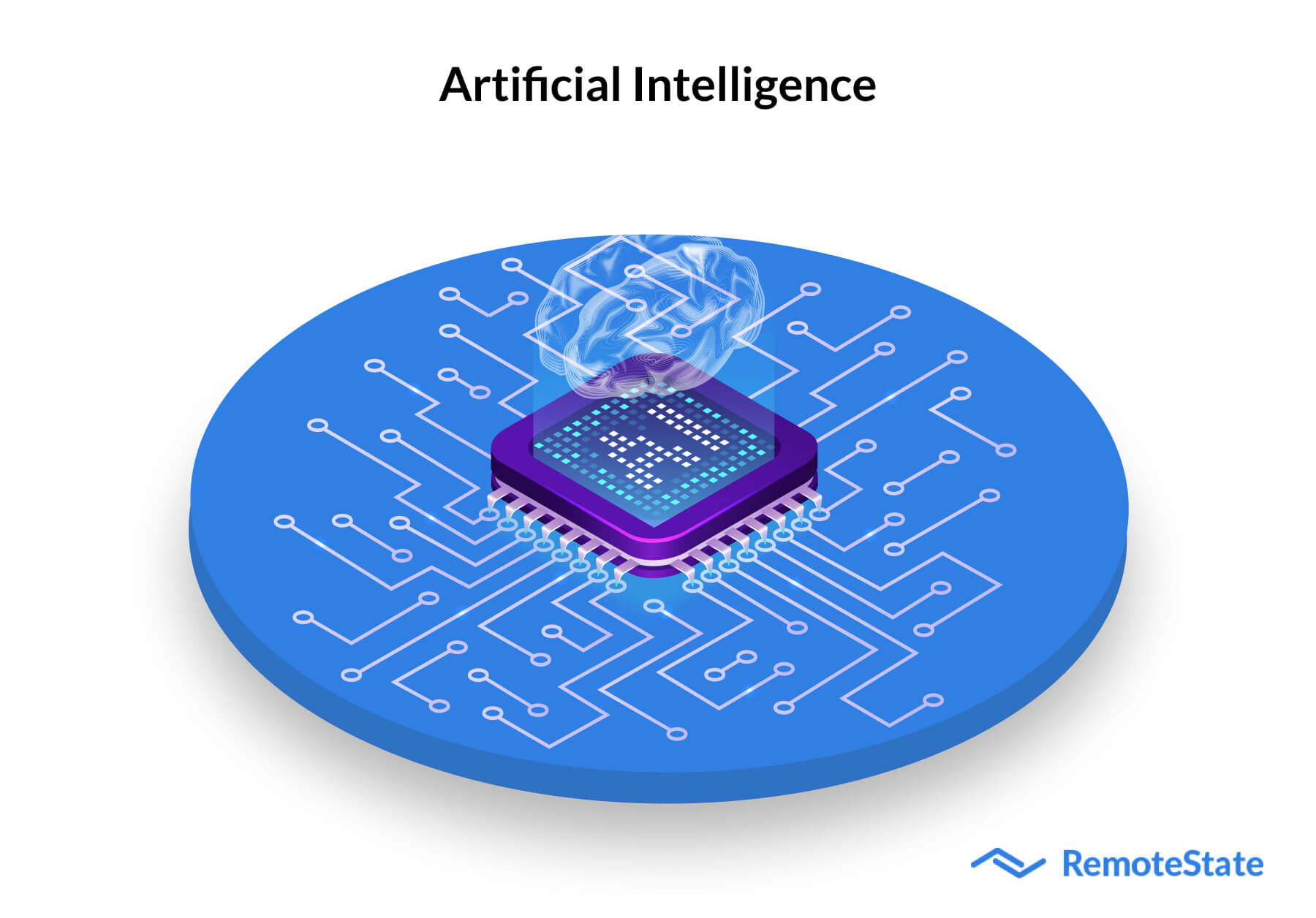
Artificial intelligence (AI) can help doctors diagnose conditions more accurately and develop more effective treatment plans.
AI algorithms can analyze large amounts of medical data to identify patterns and predict outcomes. This can lead to earlier diagnosis of diseases, more personalized treatment plans, and improved patient outcomes.
3D printing
3D printing allows doctors to create customized medical devices, implants, and prosthetics. This technology is especially useful for creating complex medical devices that are difficult or impossible to manufacture using traditional methods.
3D printing can also reduce the time it takes to produce medical devices and improve patient outcomes by creating more precise and personalized devices.
Virtual reality
Virtual reality (VR) can be used to create simulations that can help healthcare providers better understand complex medical procedures and anatomy. VR can also be used to help patients manage pain and anxiety.
For example, VR technology can create calming environments for patients undergoing medical procedures or help patients with chronic pain by distracting them from their symptoms.
Augmented reality
Augmented reality (AR) can be used to create virtual overlays of medical data, allowing healthcare providers to understand patient health information better and make more informed decisions.
AR can also be used to help medical students learn about anatomy and practice medical procedures in a safe and controlled environment.
Precision medicine
Precision medicine involves the use of genetic information and other data to create personalized treatment plans for individual patients. This can improve treatment outcomes and reduce the risk of adverse reactions.
Precision medicine also allows doctors to prescribe the most effective medication for a patient based on their genetic makeup and other factors.
Internet of Things (IoT)
The Internet of Things involves the use of sensors and other devices to collect and transmit data. In healthcare, IoT can be used to monitor patient health data in real time, allowing for more proactive treatment and care.
For example, IoT devices can monitor a patient's blood sugar levels and automatically adjust their insulin dosage as needed.
Blockchain
Blockchain is a secure and decentralized ledger that can be used to securely store and share medical data. It can potentially improve the security and privacy of patient data and reduce healthcare fraud.
Blockchain technology can also improve the interoperability of healthcare systems by allowing different healthcare providers to securely share patient data.
Robotics
Robotics can be used to perform complex medical procedures with greater precision and accuracy, reducing the risk of complications and improving patient outcomes. For example, robotic surgery can reduce the risk of infections and shorten recovery times.
Challenges
Privacy and security concerns
With the increased use of technology in healthcare, there is a growing concern about the security and privacy of patient data. This includes protecting data from cyber-attacks and ensuring patient information is only accessed by authorized individuals.
Cost
Implementing new technology in healthcare can be expensive, especially for smaller healthcare providers who may not have the resources to invest in new technology. This can create a divide between those who have access to advanced technology and those who do not.
Adoption
While technology has the potential to improve healthcare, it can be challenging to convince healthcare providers to adopt new technologies. Some providers may be resistant to change or lack the training to effectively use new technology.
Standardization
With so many different technologies available, it can be challenging to standardize processes and ensure that different systems can effectively communicate with one another. This can make it difficult for healthcare providers to share patient data across different systems and improve overall patient care.
Ethical considerations
As technology continues to advance, there are new ethical considerations that must be taken into account. For example, should patients be able to access their genetic information, and if so, how should this information be used?
Benefits
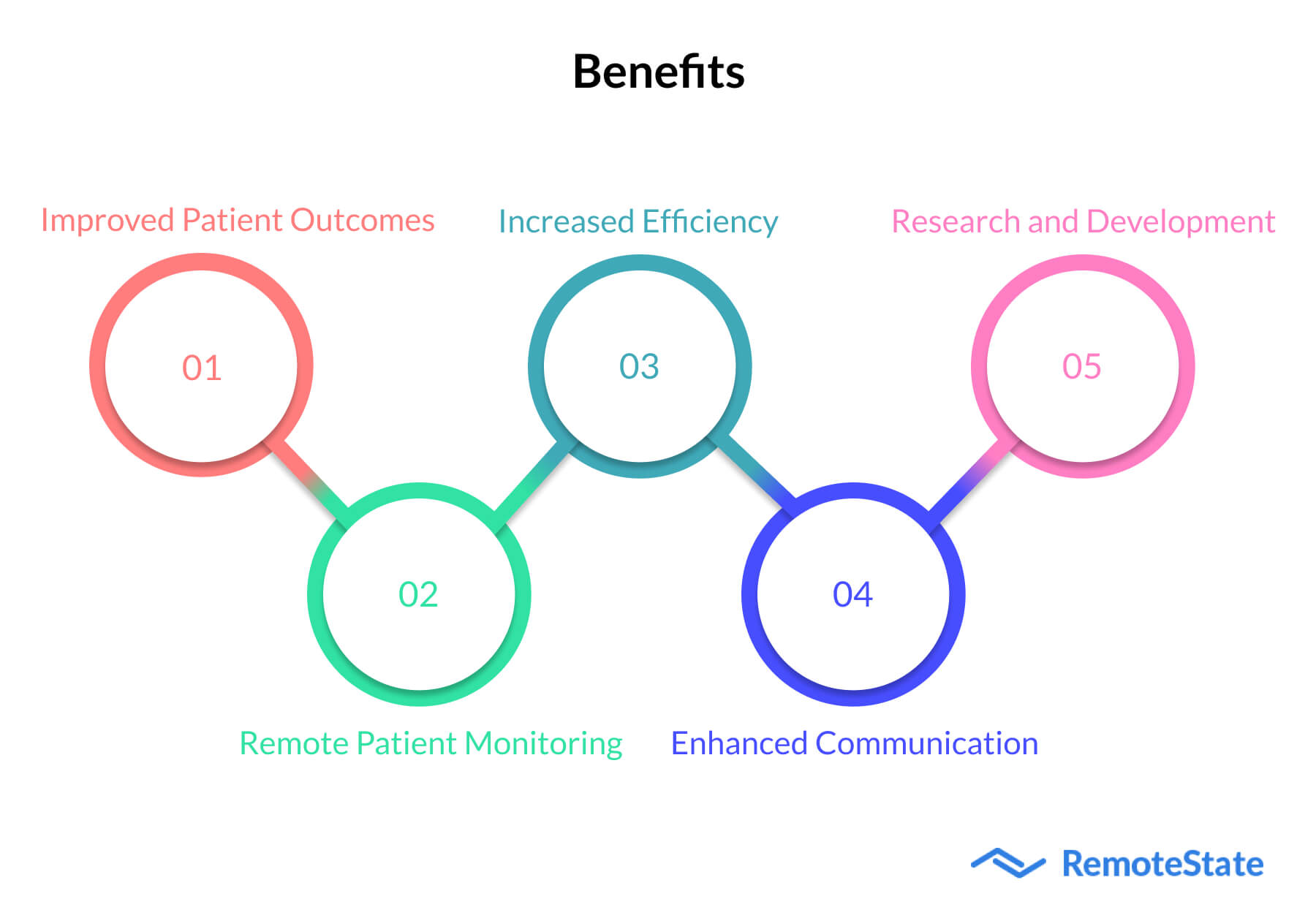
Improved patient outcomes
Technology can provide healthcare providers with more accurate data and information, allowing for more personalized and effective treatments. This can lead to better patient outcomes and a higher quality of care.
Remote patient monitoring
Remote patient monitoring technologies can allow healthcare providers to monitor patients from a distance, reducing the need for frequent in-person visits. This is particularly useful for patients with chronic conditions who require ongoing monitoring.
Increased efficiency
Technology can streamline processes and reduce the administrative burden on healthcare providers. This can free up more time for patient care and improve overall efficiency.
Enhanced communication
Technology can facilitate communication between healthcare providers and patients, improving the overall patient experience. This includes tools such as telemedicine, which can allow patients to access care from the comfort of their own homes.
Research and development
Technology is driving innovation in healthcare, allowing for new treatments and therapies to be developed. This includes precision medicine, which uses genetic data to personalize treatment plans for individual patients.
Conclusion
Technology is changing the future of healthcare in many ways. Telemedicine, wearable technology, artificial intelligence, 3D printing, and electronic health records are just a few examples of how technology is transforming the healthcare industry.
These technologies have the potential to improve patient outcomes, reduce medical errors, and provide patients with better access to healthcare services.
Partner with Remotestate to unlock the full potential of Technology in the Healthcare Industry!
Remotestate has the expertise and experience to assist healthcare providers in navigating the challenges and reaping the benefits of technology in the healthcare industry.
Our team of developers and engineers can work with healthcare providers to design and develop custom software solutions tailored to their specific needs. This includes developing mobile apps, web-based applications, and other software solutions that can improve patient care and streamline administrative processes.
One of the areas where Remotestate can provide significant value is remote patient monitoring. Our team can develop custom remote monitoring solutions that allow healthcare providers to monitor patient data in real-time, reducing the need for frequent in-person visits and improving overall patient outcomes.
We can also assist healthcare providers in adopting telemedicine solutions, allowing patients to access care from the comfort of their own homes. This can improve patient satisfaction and reduce the burden on healthcare providers.
At Remotestate, we understand the importance of security and privacy in healthcare. Our team is committed to ensuring that all software solutions we develop meet the highest standards of security and are fully compliant with HIPAA and other regulatory requirements.
In addition, we can provide ongoing support and maintenance for all software solutions, ensuring that they continue to meet the needs of healthcare providers and their patients over time.
Remotestate is well-positioned to help healthcare providers leverage technology to improve patient outcomes, streamline administrative processes, and drive innovation in the healthcare industry.
Contact us today to learn more about how we can help your organization achieve its goals.
FAQs
What is telemedicine and how does it work?
Telemedicine is the use of technology to provide healthcare services remotely. This can include virtual consultations, remote monitoring of patient health data, and more. Telemedicine can be accessed through video conferencing or phone calls.
How can wearable technology help with healthcare?
Wearable technology such as smartwatches and fitness trackers can track patients' vital signs, monitor their activity levels, and provide valuable insights into their overall health. This is especially useful for patients who are managing chronic conditions. Wearable technology can also be used to track medication adherence and provide patients with reminders to take their medications.
What is precision medicine?
Precision medicine involves the use of genetic information and other data to create personalized treatment plans for individual patients. This can improve treatment outcomes and reduce the risk of adverse reactions. Precision medicine also allows doctors to prescribe the most effective medication for a patient based on their genetic makeup and other factors.
How can blockchain be used in healthcare?
Blockchain is a secure and decentralized ledger that can be used to securely store and share medical data. It can potentially improve the security and privacy of patient data and reduce healthcare fraud. Blockchain technology can also improve the interoperability of healthcare systems by allowing different healthcare providers to securely share patient data.
How can robotics be used in healthcare?
Robotics can be used to perform complex medical procedures with greater precision and accuracy, reducing the risk of complications and improving patient outcomes. For example, robotic surgery can reduce the risk of infections and shorten recovery times.
Publication Date
2023-03-13
Category
Healthcare
Author Name
Rahul Agrawal
